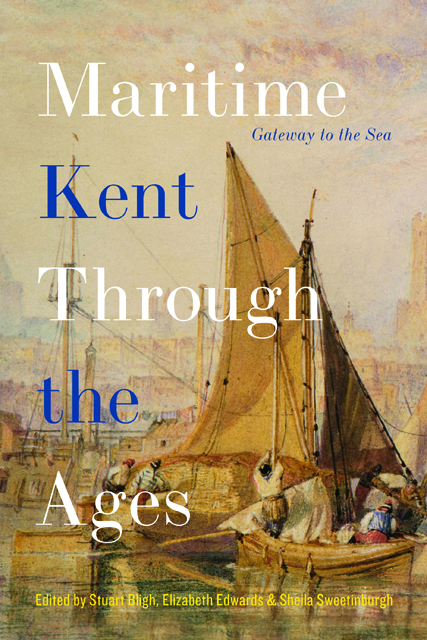20 - ‘Dost Thou Know Dover?’: Locating Dover in the Early Modern Literary Imagination c.1500–1660
Published online by Cambridge University Press: 20 December 2023
Summary
Gloucester’s question in King Lear forms the starting point for this chapter which seeks to locate Dover in the literary imagination of the sixteenth and seventeenth centuries by offering a preliminary survey of references that appear in printed works. For reasons of space the chapter focuses predominantly on poetry and prioritises literature in which Dover has more than a passing reference. To date, scholarship on Dover has largely focused on its social and economic history. These studies have revealed that Dover’s strategic location and the demands of its Cinque Port status were very much in the local consciousness of the townsmen themselves who expended much effort defending the town from the encroachment of the sea as well as preparing for foreign invasion and making their case to successive monarchs about the importance of financial aid for maintenance of the harbour. These valuable studies have also captured the ritualised identity of the town and its associations with other ports and with Canterbury. This work has been enhanced by James Gibson’s Records of Early English Drama entries for Dover which reveal indigenous and touring dramatic performances, oligarchic ceremony and momentary glimpses of sights and sounds in the town. To date, little attempt has been made to map Dover in literary culture in this period yet there are key moments in which the town resonates in the national consciousness in ways that are visibly reflected in the arts. This chapter will reflect on some of those moments as they appear in both paintings and literature, on the printed page and in the theatre.
Scholars have come to appreciate more fully the wider significance of the sea, coastal waterways and rivers for early modern society and the wished-for interdisciplinary work on the sea as ‘a social and cultural space’ has been realised in recent publications. This work has been enhanced by Julia Sanders’s use of cultural geography. Her work on ‘Liquid Landscapes’ influentially explores the ways in which different riverine spaces prompt different theatrical responses, from waterborne royal progresses and mayoral pageants in central London to the peripheral staging of pirate executions on the estuarine mudflats of the Thames.
- Type
- Chapter
- Information
- Maritime Kent through the AgesGateway to the Sea, pp. 433 - 450Publisher: Boydell & BrewerPrint publication year: 2021



